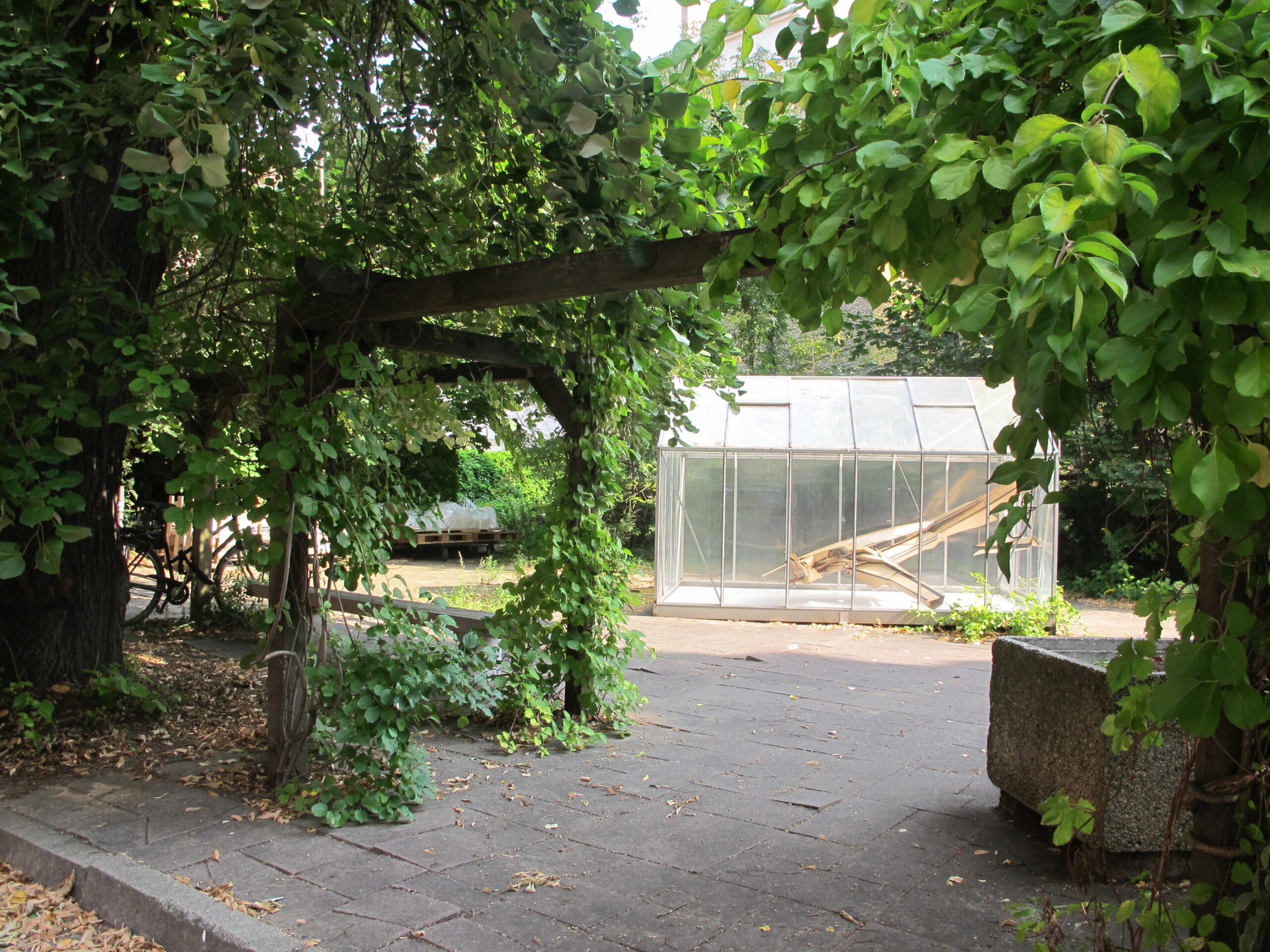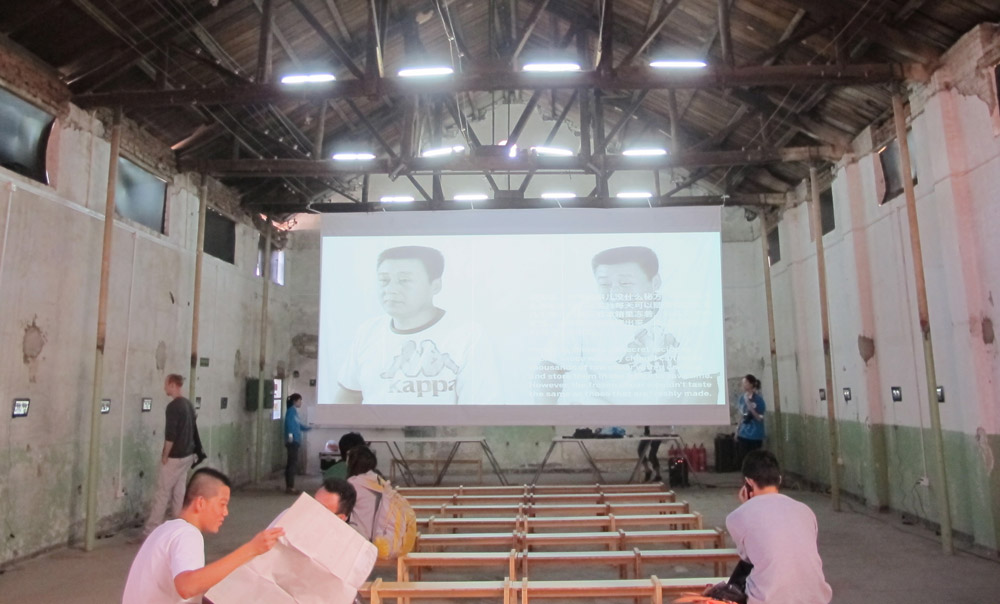
Comparative Urbanism: From critique to method
A tenuous consensus about the parochial limits of urban theory has inspired much debate about theory-making and the nature of theory. A new book about comparative urbanism interprets this critical debate for research methods, and points to the insights this approach might generate.
The discussion of comparative urbanism emerges in tandem with postcolonial critiques about the limited nature of urban theory. Described sometimes as a southern turn or a southern urban critique, scholars have in various ways noted how cities of the majority world often serve as case studies of theories derived from elsewhere. Thus, perhaps comparative approaches offer a way to attend to this epistemological imbalance, by generating more theoretical insights across different contexts. Moreover, it may provide a means to circumvent developmentalist fallacies, a narrative of some cities “catching up” to others that has pigeon-holed cities into various corners of the map.
A new book offers an approach to operationalizing comparison for theoretical purposes. The art spaces in Beijing and Berlin are written together relationally, focusing on the theoretical case of the art space rather than Beijing or Berlin as case studies forced to represent a national or cultural context. The art space serves as a theoretical case of the power of the creativity imperative, the speculative attachments to art spaces for many actors today and the shifting relations of power this implies. As universal theories of development seem increasingly misplaced, the research offers aspiration (both its hopeful and opportunistic dispositions) as an important lens through which to understand the nature of urban change.
Engaging Comparative Urbanism: Art Spaces in Beijing and Berlin (2020, Bristol University Press)

While the book engages with postcolonial critiques and comparative methods, it also serves as an impulse for new engagements with cultural geography at GIUZ. The Social and Cultural Geography unit is developing a GRC-funded workshop on “The Fraught Signification of Biennials,” to investigate art and architecture biennials in comparative, transdisciplinary perspective. A forthcoming publication in Geographica Helvetica will present first findings from comparative research about the art biennials in Dakar and Taipei.
Julie Ren
